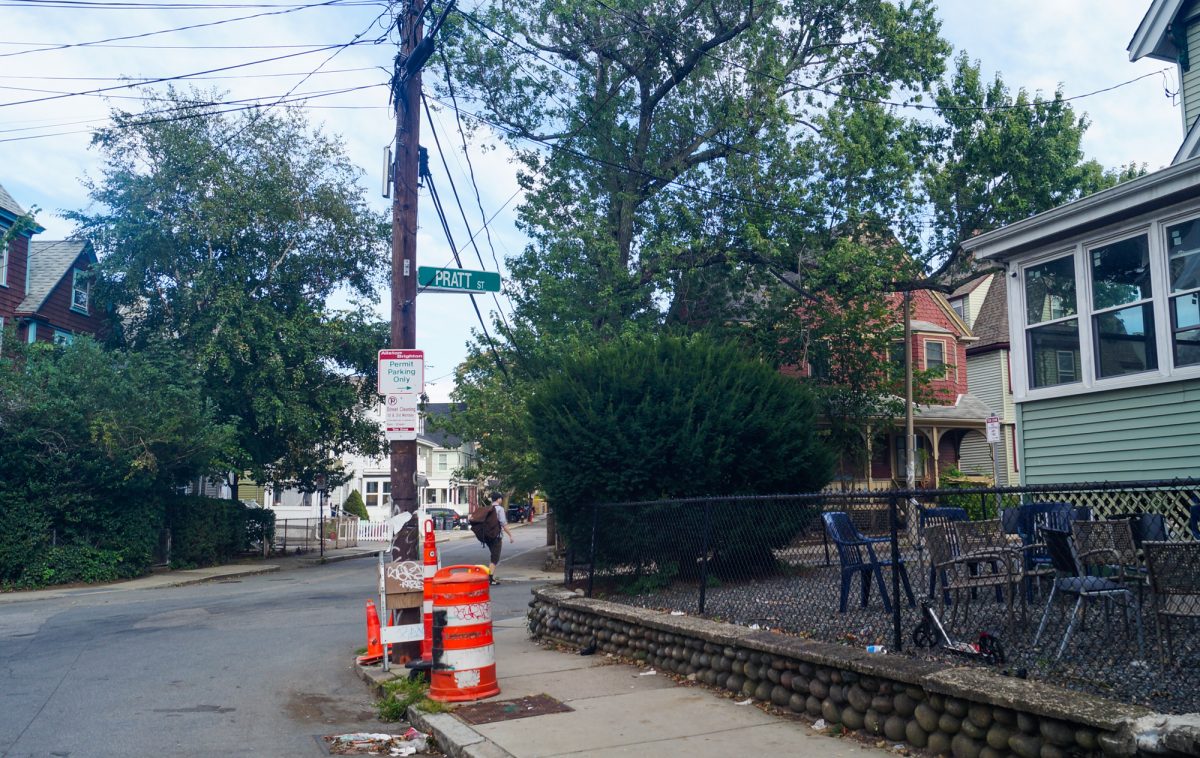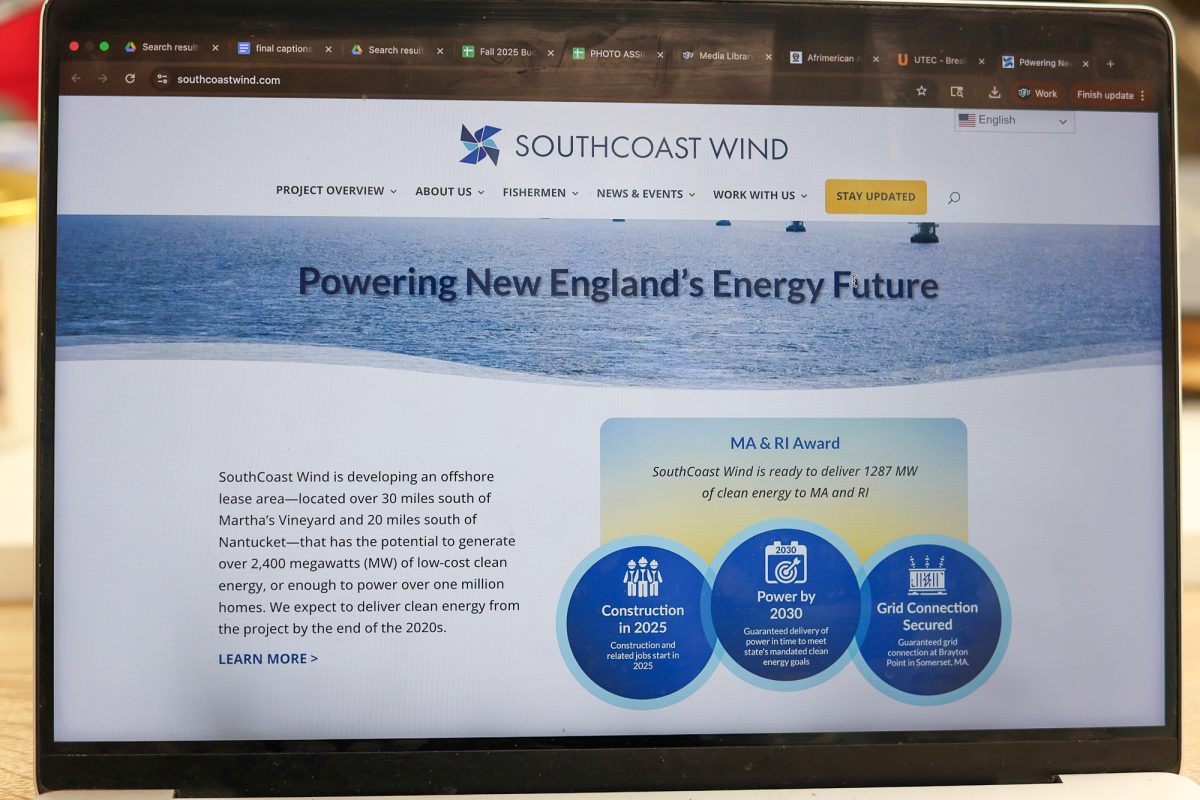The current American health care system makes paying the bills even more difficult for Americans already struggling with mounting medical costs in a broken economy, experts said.’
‘These people are hit by a perfect storm,’ Chris Robertson of the Petrie-Flom Center for Health Law Policy, Biotechnology and Bioethics at Harvard Law School said.’
Robertson and other panelists, including members of the Commonwealth Fund, debated the effects of the health care system on the nation’s finances at a Harvard Law panel Tuesday in front of about 20 audience members.’
With family health care plans projected to cost $25,000 by the year 2020, people will need to work to better understand what their insurance actually buys, Commonwealth Fund Senior Vice President Cathy Schoen said.’
‘It doesn’t matter if I have a card in my hand if my card is not going to pay my bills if I get hurt or sick,’ she said.
Schoen said being underinsured can be as harmful as being uninsured altogether. Hidden fees, loopholes and failure to cover treatments and other expenses are shortfalls of some health care plans, she said.
‘Many countries are improving faster than we are,’ Schoen said.
Schoen said the American system and its poor records-keeping are to blame for public health care woes. Other countries such as France, she said, have greater efficiencies in place, such as scanning health insurance cards rather than making photocopies of them.
‘We’ve designed a very nutsy system,’ Schoen said.
Though court records are commonly the source of information on patients’ medical records, University of North Carolina-Chapel Hill Law Professor Melissa Jacoby they may not portray the full extent medical expenses.
‘[Court records are] far less effective . . . to understand the economic burden on the bankruptcy filers,’ Jacoby said.’
Health care companies, the government and researchers may be deceived by this method’s statistics, she said.
‘Filers shifted their medical bills to forms that are undetectable using the court record method,’ Jacoby said.
Information she collected externally showed 34 percent of those she surveyed pay $1,001 to $5,000 out-of-pocket for health care, she said, while court record data only reported 20 percent in that category. The court record data also reported 48 percent were not paying out of pocket at all.
Medical debts are a confirmed factor in the economic hardship of the nation, the panelists said. Jacoby said she helped perform another study that showed 67 percent of people reporting $10,000 of debt or more who had declared bankruptcy attributed this to medical bills and expenses.
Panelists also said people should not cover medical expenses with loans, but more importantly, the banks should not grant these loans.
‘People are getting loans they should not have received,’ Robertson said.
People usually have little choice but to take out loans if they are not covered by insurance, Jacoby said.
The panelists said much of the blame falls on the government and the health care system itself. The U.S. health care system is the world’s most expensive, with spending projected to rise from $2.6 trillion this year to $5.2 trillion in 2020, using 21 percent of the gross domestic product, according to the Commonwealth Fund website.
‘Either the people will go bankrupt or the country will go bankrupt,’ he said.



















































































































